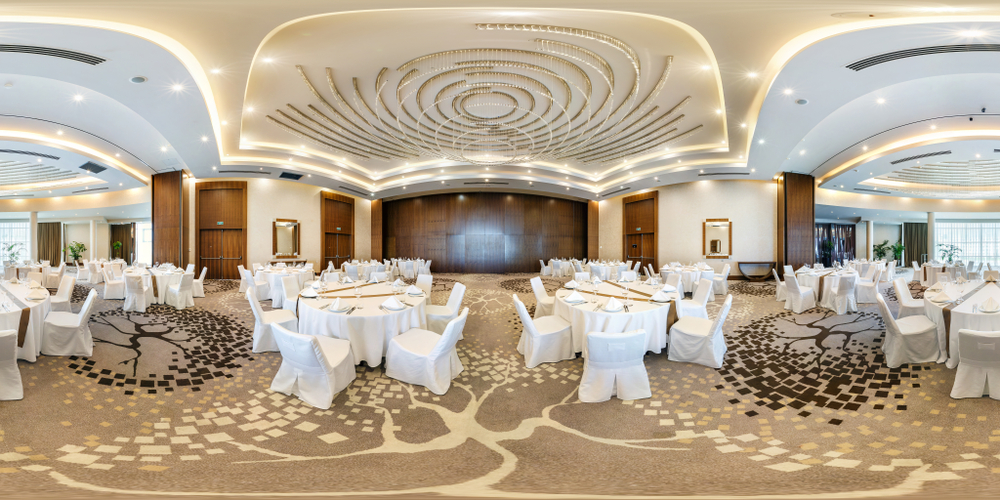What Is the Significance of Wedding Baraat Custom in South Asia?
Hanafi Fiqh
Answered by Mawlana Ilyas Patel
Question
What are the Islamic rulings on wedding Barat as it has become a custom in South Asia? Do you think we should avoid it, or can we attend it?
What is the background of this ceremony? Could you clarify, please?
Answer
In the Name of Allah, the Most Merciful and Compassionate
I pray you are well. Thank you for your question.
Baraat
Baraat means “marriage procession,” a widespread South Asian custom in most communities, Muslims and Non-Muslims alike. It has no basis in the sunna; it is just a custom. It involves the groom traveling from home with all the invited relatives and friends and bringing the bride back to her newly wedded home.
Walima
One should not avoid a Baraat invitation; it is a prevalent custom. Still, we need to spread the sunna of having and doing a walima, a meal prepared after the marriage has been consummated. This was the practice of the Messenger of Allah (Allah bless him and give him peace).
Anas (Allah be pleased with him) said, “The Messenger of Allah (Allah bless him and give him peace) consummated his marriage with a woman (Zainab), so he sent me to invite people for a meal.” [Bukhari]
Walima invitation is an emphasized sunna (sunna muakkada). Some commentators of al-Hidaya have declared that it is close to being a Wajib.” [Ibn ’Abidin, Radd al-Muhtar]
Resources:
A dictionary of Urdu, classical Hindi, and English.
Baraat: A Celebration by the Groom’s Family and Friends
May Allah (Most High) give us all success in performing the marriage of our children according to the sunna from pre-marriage to marriage and post-marriage, amin.
I pray this helps with your question.
Wassalam,
[Mawlana] Ilyas Patel
Checked and Approved by Shaykh Faraz Rabbani
Mawlana Ilyas Patel is a traditionally-trained scholar who has studied in the UK, India, Pakistan, Syria, Jordan, and Turkey. He started his early education in the UK. He went on to complete the hifz of the Quran in India, then enrolled in an Islamic seminary in the UK, where he studied the secular and ‘Aalimiyya sciences. He then traveled to Karachi, Pakistan. He has been an Imam in Rep of Ireland for several years. He has taught hifz of the Quran, Tajwid, Fiqh, and many other Islamic sciences to children and adults onsite and online extensively in the UK and Ireland. He taught at a local Islamic seminary for 12 years in the UK, where he was a librarian and a teacher of Islamic sciences. He currently resides in the UK with his wife. His interest is a love of books and gardening.
